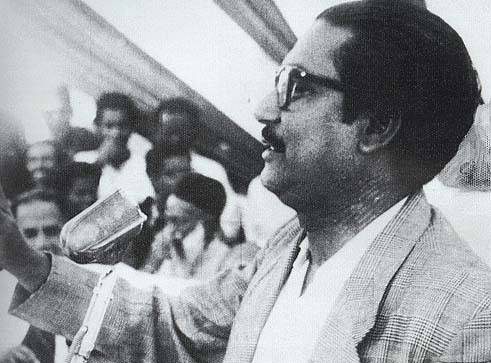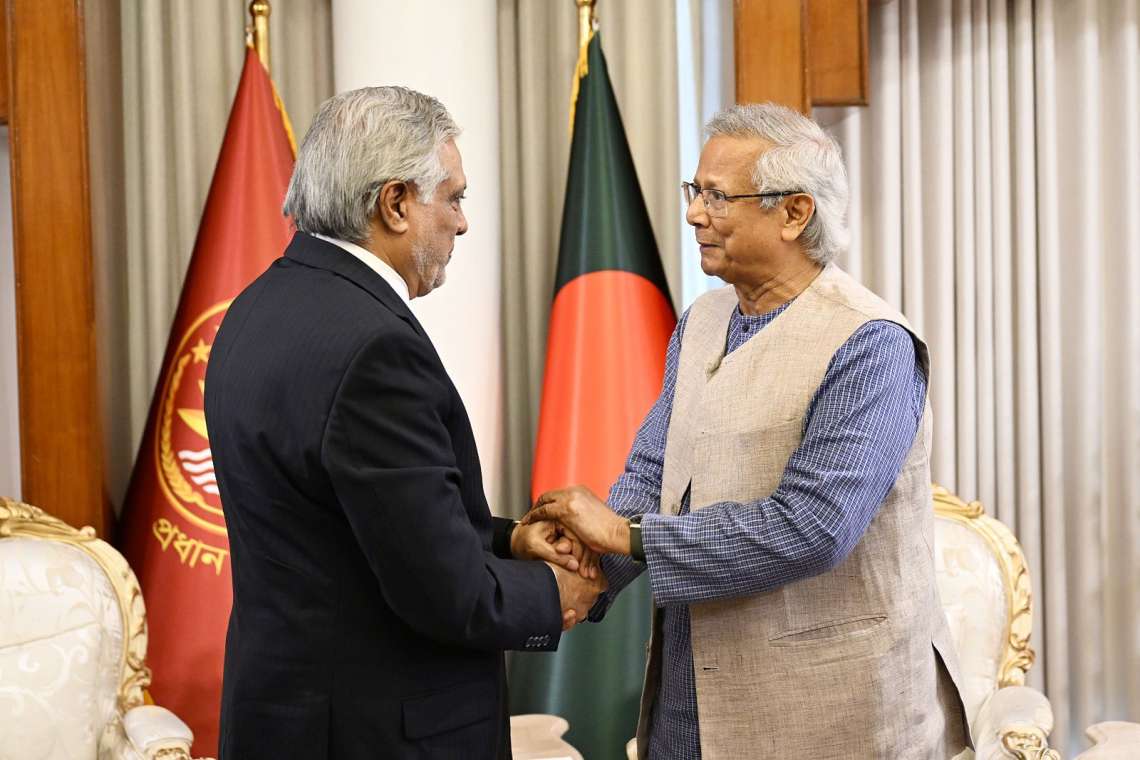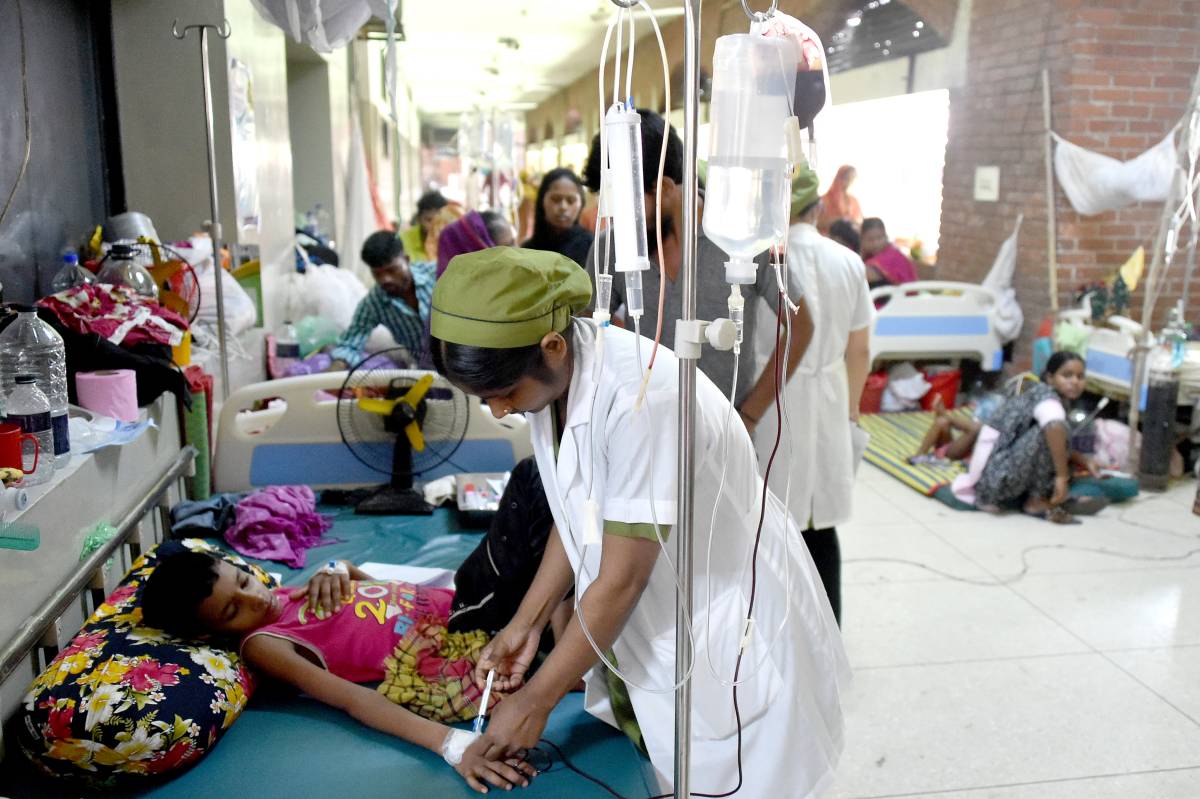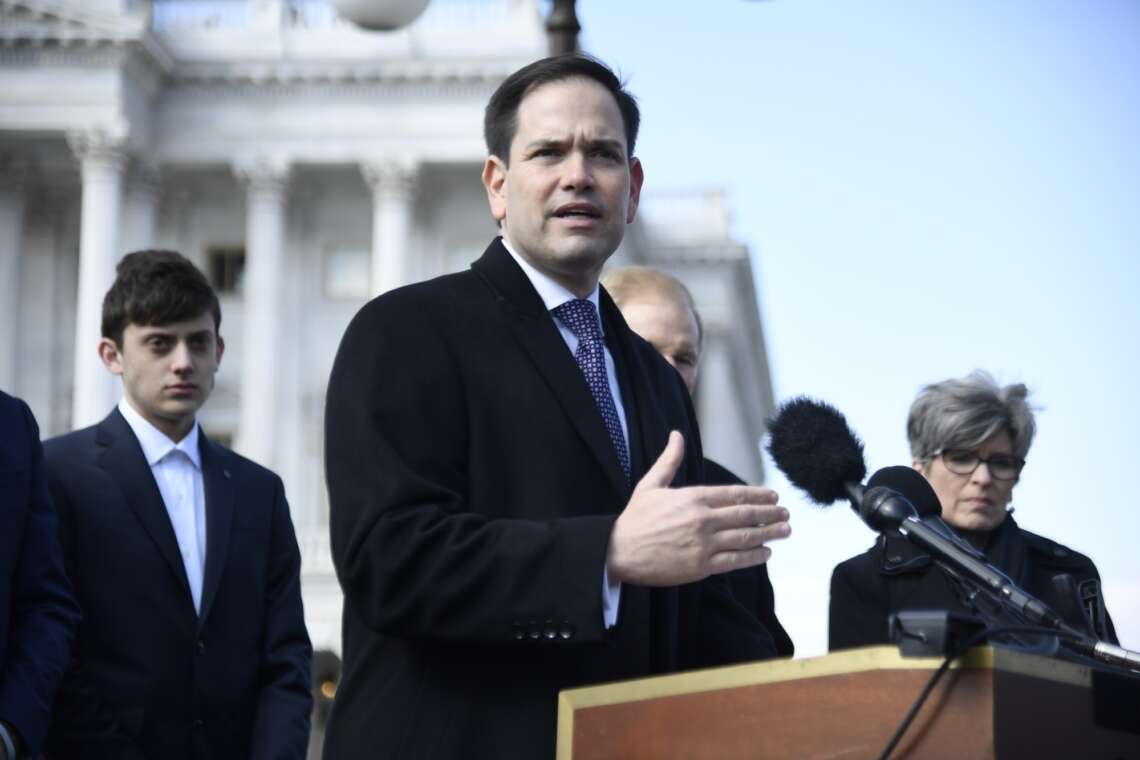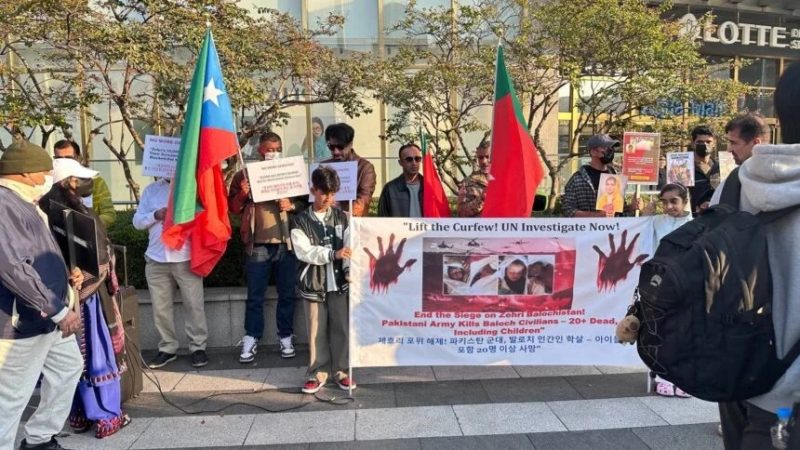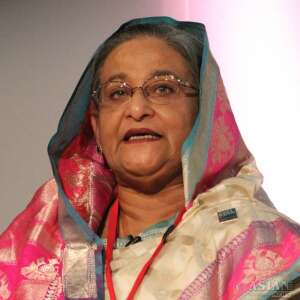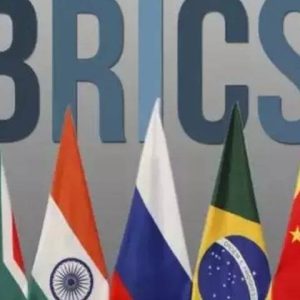The ordinance strips ‘Bangabandhu’ Sheikh Mujibur Rahman, Tajuddin Ahmad, Syed Nazrul Islam, and over 400 former constituent assembly members of their recognised freedom fighter status….reports Asian Lite News
Bangladesh’s interim government, led by Mohammad Yunus, has issued a new ordinance redefining the term “freedom fighter” (Bir Muktijoddha). The move has led to the removal of Bangabandhu Sheikh Mujibur Rahman and over 400 other prominent figures from the official list of 1971 Liberation War heroes.
The ordinance, amending the National Freedom Fighters Council Act and redefining the term freedom fighters, issued on Tuesday night mentioned that all Members of the National Assembly (MNAs) and Members of the Provincial Assembly (MPAs) who were affiliated with the wartime provisional government of Bangladesh (Mujibnagar Government) and later regarded as members of the post-war constituent assembly will from now on be considered as “associates of the Liberation War” rather than “freedom fighters.”
Additionally, the associates under the new category also included the professionals who stayed abroad and contributed to the Liberation War and the Bangladeshi citizens who were instrumental in shaping global opinions; people who worked as officials and employees of the Government of Bangladesh (Mujibnagar government) formed during the liberation war, physicians, nurses and other assistants employed by the Mujibnagar government.
Furthermore, all the artistes and crew members of Swadhin Bangla Betar Kendra and all the Bangladeshi journalists in and outside of the country who were actively involved in supporting the Liberation War and Swadhin Bangla Football Team also fell under the definition, Bangladeshi leading daily Prothom Alo reported.
The ordinance will now affect the status of ‘Bangabandhu’ Sheikh Mujibur Rahman, former Prime Minister Tajuddin Ahmad, former acting President Syed Nazrul Islam Tajuddin Ahmad, and more than 400 others who were members of the constituent assembly and until now were recognised as freedom fighters.
According to the new ordinance, the Liberation War is defined as “The war waged from March 26 to December 16, 1971, to establish equality, human dignity and social justice for the people of Bangladesh as an independent democratic state against the invading and occupying Pakistani armed forces and their collaborators — the Razakars, Al-Badr, Al-Shams, Muslim League, Jamaat-e-Islami, Nezame-Islam, and the Peace Committee.”
“Bir Muktijoddha (Freedom fighter) is someone who, between March 26 and December 16, 1971, either prepared for war and received training within villages across the country or crossed the border into India to enrol in various training camps with the aim of participating in the Liberation War. These individuals actively took part in the war against the occupying and invading Pakistani armed forces and their local collaborators towards achieving Bangladesh’s independence,” it added.
The newly issued ordinance also dropped the name ‘Father of the Nation Bangabandhu Sheikh Mujibur Rahman’ and deleted the portions of the law that were mentioned in his name.
Liberation War researcher Afsan Chowdhury called the move a bureaucratic decision.
“We have seen this since 1972 — every time a new government comes to power, they create a new list of freedom fighters. There are personal benefits involved,” he said, speaking to the Bangladeshi newspaper The Daily Star.
“People will not accept this. The Liberation War will remain as it always has been — in the hearts of the general people,” he added.


